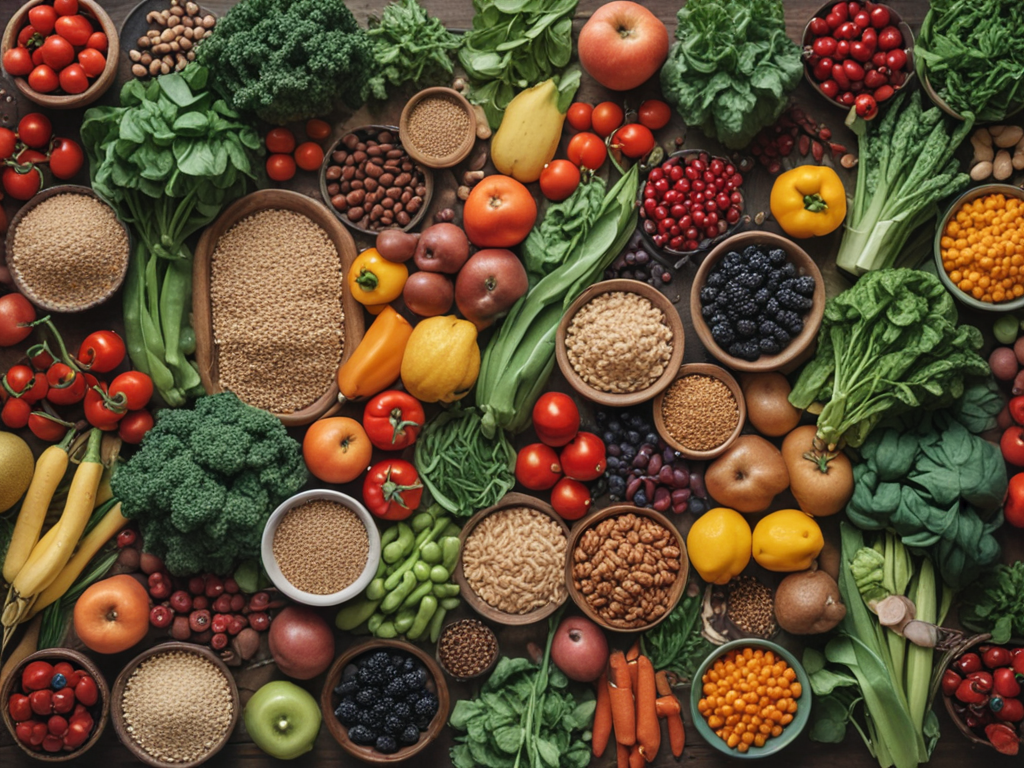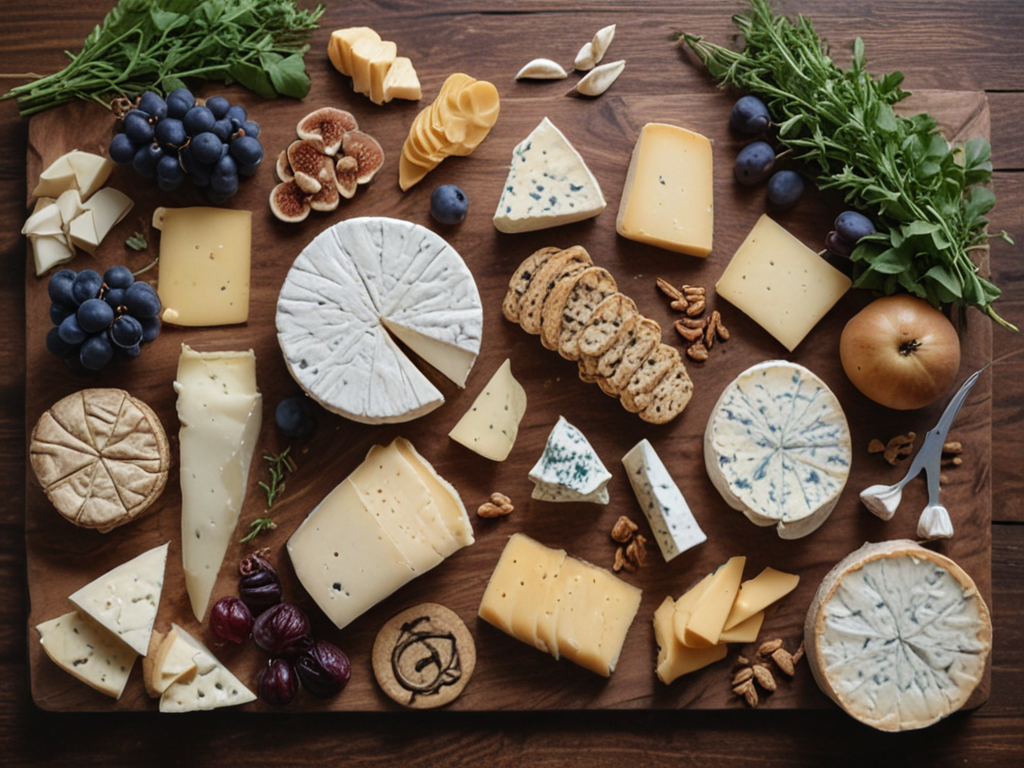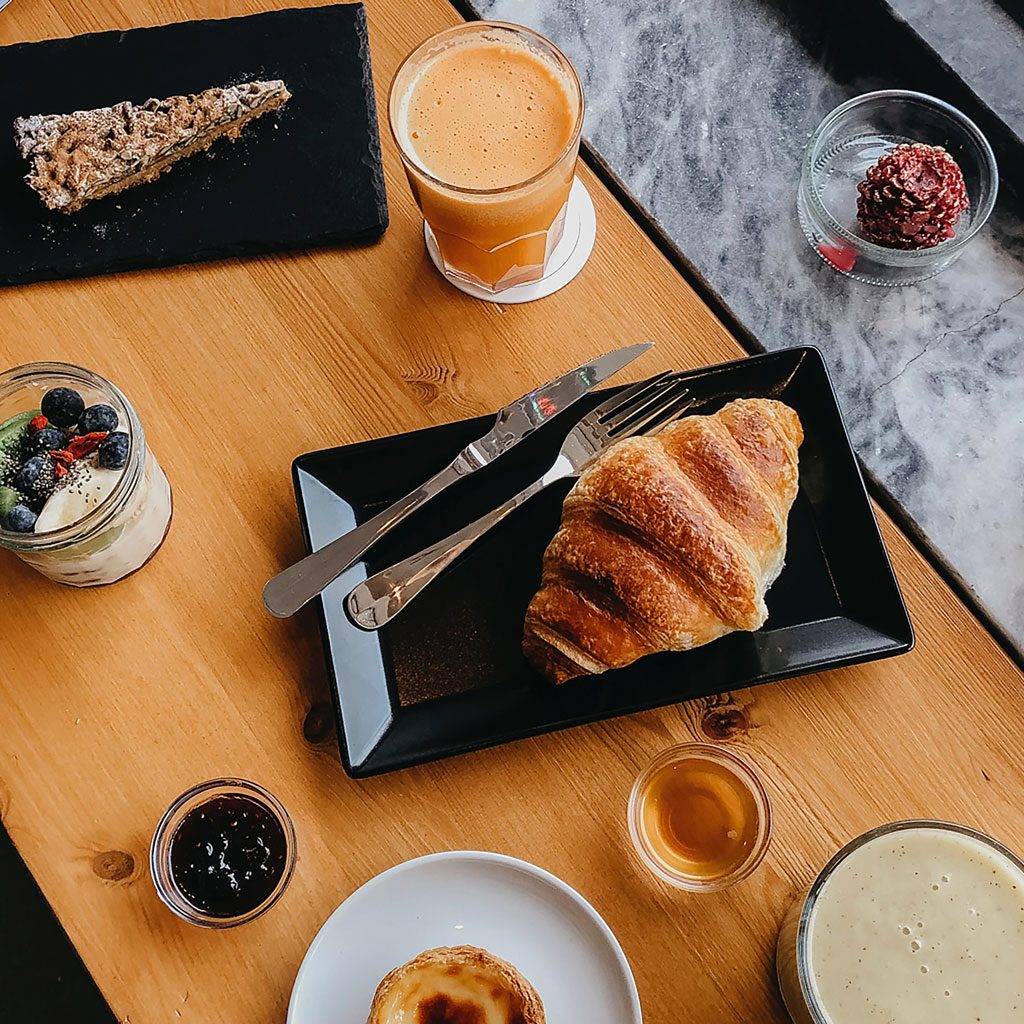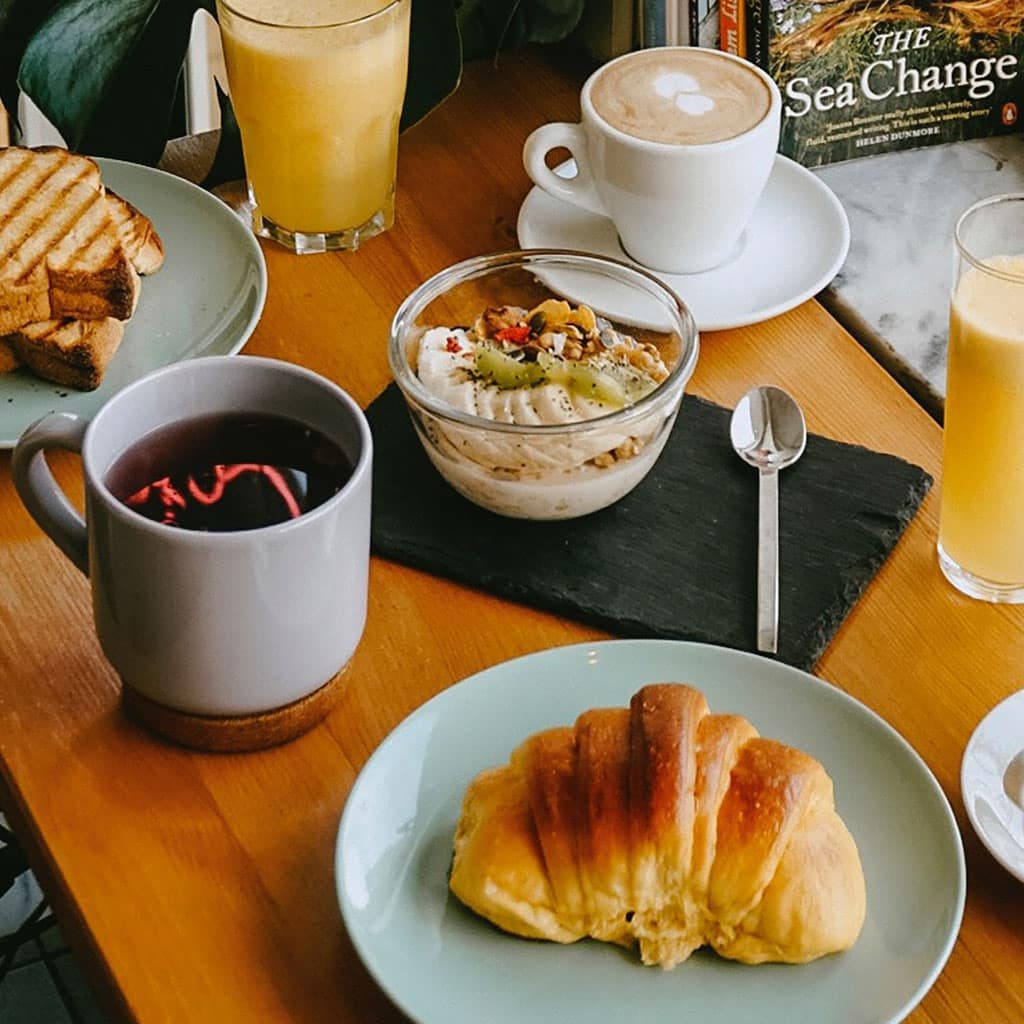
In a world buzzing with technology and rapid changes, one timeless tradition remains a staple in cultures across the globe. From the bustling espresso bars of Italy to the serene Japanese tea ceremonies centered around coffee, the diversity of coffee culture is as rich as the brew itself. Let’s explore the intricate rituals of Turkish coffee, the vibrant Colombian coffee culture, and the cozy Scandinavian fika tradition, among others. But what makes these coffee customs so fascinating and how do they reflect the values and traditions of their respective societies?
Coffee in Italy
When visiting Italy, one must experience the rich and vibrant coffee culture that permeates every corner of the country. Italian espresso, known for its strong flavor and velvety crema, is a staple in the daily lives of Italians. The ritual of enjoying a quick shot of espresso at the local cafe counter is a social custom that has been ingrained in Italian society for generations.
Cappuccino culture is another significant aspect of Italian coffee tradition. In Italy, cappuccinos are strictly a morning drink, and ordering one after 11 a.m. can sometimes raise eyebrows. The combination of espresso, steamed milk, and frothy foam in a perfectly balanced ratio is a true art form in Italian coffee making.
Whether you prefer the quick jolt of energy from an espresso or the creamy indulgence of a cappuccino, immersing yourself in the Italian coffee culture is a must-do experience for any coffee enthusiast. The passion and dedication that Italians put into their coffee preparation is a sign of the country’s love affair with this beloved beverage.
Turkish Coffee Tradition
Exploring the rich and centuries-old Turkish coffee tradition reveals a cultural experience deeply intertwined with the country’s history and social customs. Turkish coffee holds significant symbolism and cultural importance in Turkish society. Its examination, serving, and consumption are rituals that have been passed down through generations, symbolizing hospitality, friendship, and tradition.
To dig deeper into the Turkish coffee tradition, it is essential to understand its spiritual practices. Turkish coffee fortune telling, known as ‘fal,’ is a cherished custom where the sediment left in the coffee cup after drinking is used for divination. This practice is believed to offer insights into one’s past, present, and future, making it a popular social activity during gatherings.
To better appreciate the nuances of Turkish coffee culture, let’s take a closer look at its symbolism and spiritual significance in the table below:
| Turkish Coffee Symbolism | Cultural Significance |
|---|---|
| Examination with meticulous care | Emphasizes respect and tradition |
| Sharing coffee with guests | Symbolizes hospitality and goodwill |
| Serving in small cups without milk | Reflects simplicity and authenticity |
| Offering coffee to elders first | Demonstrates reverence and respect |
| Reading coffee grounds for insight | Enhances social connections and spirituality |
Japanese Coffee Rituals
When it comes to coffee rituals, Japan offers a unique and fascinating perspective. Japanese coffee brewing methods are meticulous and precise, emphasizing the quality of each cup. Traditional coffee preparation in Japan often involves a blend of cultural practices and modern techniques, creating a harmonious balance of tradition and innovation.
Japanese Coffee Brewing
Amidst the rich tapestry of global coffee culture, Japanese coffee brewing stands out for its meticulous attention to detail and reverence for the brewing process. Japanese coffee etiquette emphasizes the importance of precision, cleanliness, and hospitality. Brewing techniques like pour-over methods, siphon brewing, and espresso-making are executed with utmost care and skill. The cultural significance of Japanese coffee rituals lies in the Zen-like approach to preparation, where each step is treated as an art form. Modern adaptations of traditional Japanese brewing methods have integrated technology and innovation, resulting in convenient yet high-quality coffee experiences. The fusion of tradition and modernity in Japanese coffee brewing showcases a deep respect for the craft while embracing advancements to meet the demands of contemporary coffee enthusiasts.
Traditional Coffee Preparation
In the domain of Japanese coffee culture, the intricate artistry of traditional coffee preparation embodies a harmonious blend of precision and reverence.
- Traditional Coffee Roasting: Japanese coffee rituals often start with the meticulous roasting of high-quality beans, carefully monitored to achieve the perfect flavor profile.
- Artisanal Coffee Blending: Expertly crafted blends play a pivotal role, with each bean selected for its unique characteristics to create a harmonious and balanced cup.
- Cultural Coffee Rituals: Steeped in historical coffee customs, Japanese ceremonies highlight the importance of mindfulness and respect for the brewing process, elevating coffee consumption to an art form.
These practices not only showcase the Japanese dedication to craftsmanship but also offer a sensory journey that transcends mere caffeine consumption.
Unique Coffee Ceremonies
Embracing the essence of Japanese coffee culture, unique coffee ceremonies disclose a world where tradition and innovation intersect to elevate the coffee-drinking experience. While Ethiopian coffee rituals celebrate the cultural significance of coffee beans through elaborate ceremonies, Turkish coffee customs trace their historical origins back centuries. In Japan, the meticulous art of brewing coffee has evolved into a revered ritual known as siphon brewing. This method, blending precise technique with aesthetic beauty, involves a vacuum coffee maker where water is heated and filtered through coffee grounds to produce a clean and flavorful brew. The Japanese attention to detail in every step of the coffee-making process reflects a deep respect for the beverage and the experience it brings.
Colombian Coffee Culture
Nestled among the lush green mountains of Colombia, the rich and vibrant coffee culture permeates every aspect of daily life in the country. Here are three key aspects that define Colombian Coffee Culture:
-
Colombian Coffee Farms: The heart of Colombian coffee culture lies in its numerous coffee farms spread across the country. These farms not only produce some of the finest coffee beans globally but also offer immersive experiences for visitors wanting to learn about the art of coffee cultivation.
-
Coffee Festivals: Colombia hosts various coffee festivals throughout the year, celebrating the country’s rich coffee heritage. These festivals are vibrant events where locals and tourists come together to enjoy live music, traditional dances, and of course, endless cups of freshly brewed Colombian coffee.
-
Popular Drinks: In Colombia, coffee culture goes beyond just a morning routine; it’s a way of life. Popular drinks such as Tinto (black coffee) and Café con Leche (coffee with milk) are enjoyed throughout the day, reflecting the deep-rooted love Colombians have for their coffee.
Scandinavian Fika Tradition
Engaging in the Scandinavian Fika tradition involves more than just enjoying a cup of coffee – it’s a cultural ritual that fosters social connections and relaxation. Originating in Sweden, the Swedish fika tradition is deeply ingrained in Scandinavian coffee culture. Fika is not merely about the act of drinking coffee; it represents a pause in the day, a moment to unwind and socialize with others.
In Scandinavian countries, fika is a cherished tradition that promotes a sense of community and well-being. It is common for people to gather for fika at work, home, or in cafes, taking a break from their busy schedules to enjoy a cup of coffee and often accompanied by pastries or sandwiches. This practice encourages open communication, strengthens relationships, and provides a much-needed respite from daily stressors. Embracing the Swedish fika tradition is not just about the coffee; it’s about valuing connection and relaxation in a fast-paced world.
Ethiopian Coffee Ceremonies
An integral aspect of Ethiopian culture, the traditional Ethiopian coffee ceremonies hold significant cultural and social importance. These ceremonies are rich in tradition, with each step symbolizing hospitality, respect, and community. Here is a glimpse into the Ethiopian coffee ceremony:
-
Preparation: The green coffee beans are washed, roasted, and ground in the presence of guests, filling the room with a rich aroma.
-
Attire: Participants wear traditional Ethiopian clothing, adding to the cultural ambiance of the ceremony. Women often don white dresses with colorful embroidery, while men don white tunics and pants.
-
The Ceremony: The coffee is brewed in a clay pot called a “jebena” and served in small handle-less cups called “cini.” Three rounds of coffee, known as “abol,” “tona,” and “baraka,” are served, each with its own significance and meaning.
These ceremonies not only celebrate the cultural significance of coffee in Ethiopia but also serve as a way to foster connections and strengthen social bonds within the community.
Australian Coffee Trends
Australian coffee culture is a vibrant scene that values quality and innovation. Aussies have distinct preferences for their coffee, with flat whites and long blacks being popular choices. Unique brewing methods like pour-over and AeroPress have gained traction, reflecting a dynamic coffee landscape in Australia.
Aussie Coffee Preferences
In exploring Aussie coffee preferences, an interesting trend emerges in the increasing demand for specialty coffee blends across the country. Australians have developed a sophisticated palate when it comes to their coffee choices. Here are three key aspects that reflect the current coffee culture in Australia:
- Flat Whites: This creamy and velvety espresso-based coffee has become a staple in Australian cafes, preferred for its balanced ratio of coffee and milk.
- Coffee Roasters: Local coffee roasters are gaining popularity, offering unique and high-quality blends that cater to the diverse tastes of Australian coffee enthusiasts.
- Specialty Coffee Shops: Australians are increasingly frequenting specialty coffee shops that prioritize ethically sourced beans and innovative brewing techniques, reflecting a growing appreciation for the art of coffee-making.
Unique Brewing Methods
Exploring the changing coffee landscape in Australia reveals a significant shift towards embracing distinctive brewing methods that redefine traditional coffee experiences. In recent years, Australian coffee culture has been influenced by a variety of international techniques, with a particular interest in Vietnamese coffee techniques and Brazilian coffee customs. These methods bring a unique twist to the coffee scene, offering consumers new and exciting flavors to savor. Vietnamese coffee techniques, known for their use of condensed milk and robust coffee beans, have gained popularity for their rich and sweet profiles. On the other hand, Brazilian coffee customs, such as the use of cloth filters and innovative brewing processes, add a layer of complexity to the coffee experience. Embracing these diverse brewing methods reflects Australia’s adventurous approach to coffee exploration.
| Brewing Method | Description |
|---|---|
| Vietnamese Techniques | Utilizes condensed milk and robust coffee beans for a rich flavor. |
| Brazilian Customs | Incorporates cloth filters and innovative brewing processes. |











